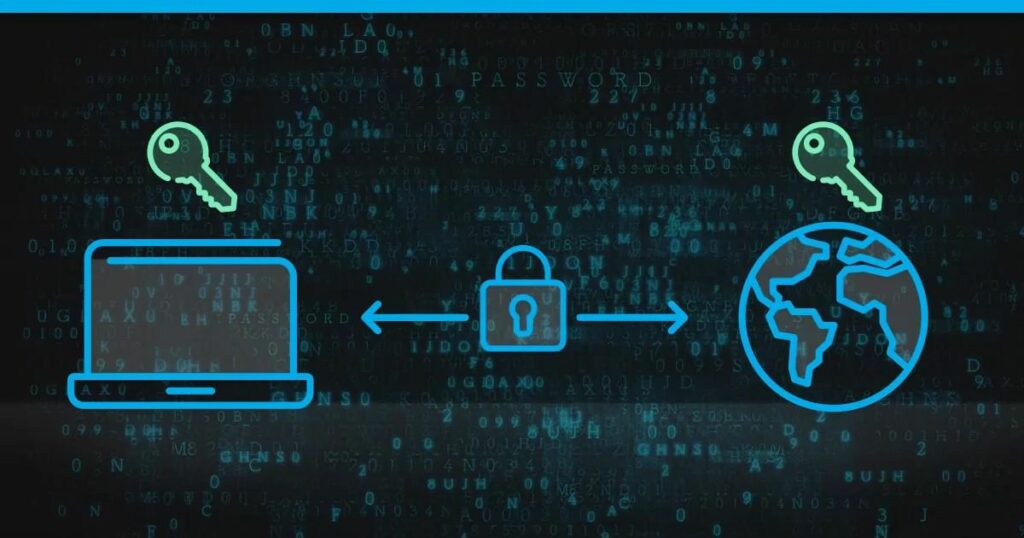In an unsettling revelation that unfolded over more than two years, the open source community faced a stark reminder of its vulnerabilities. An attacker, known by the pseudonym “Jia Tan,” infiltrated the xz compression library project, embedding a dangerous backdoor into liblzma, a critical component of the widely used xz utility. This incident has sent shockwaves across the tech world, emphasizing the fragility of the open source software supply chain and the paramount importance of vigilant security measures.
The Stealthy Infiltration
Jia Tan’s journey began with benign contributions to the xz project, gradually earning trust within the community. This trust was exploited to gain maintainer access, allowing the insertion of a backdoor into liblzma. Notably, liblzma is a dependency for OpenSSH sshd on major Linux distributions like Debian, Ubuntu, and Fedora, which use systemd, marking a significant risk for countless systems worldwide.
The Scope of the Attack
The backdoor enabled unauthenticated, targeted remote code execution, posing a severe security risk to servers running the affected Linux distributions. However, it’s important to note that not all systems were vulnerable; distributions such as Arch Linux, Gentoo, and NixOS remained unaffected due to differences in their sshd linkage.
A Wake-Up Call for Open Source Security
This incident highlights the critical vulnerabilities within software supply chains, especially in open source ecosystems. The reliance on trust and the complexity of dependencies make these systems prime targets for sophisticated attacks. It underscores the need for more rigorous contribution scrutiny, enhanced security around dependency management, and advanced tools to detect and prevent such threats.
Mitigating the Impact and Moving Forward
For server administrators and users of the impacted systems, immediate action is required. This includes updating or patching systems to close off the backdoor, auditing for potential compromises, and revising security protocols to prevent future incidents.
The Future of Open Source Security
The xz library backdoor incident serves as a cautionary tale, urging the tech community to bolster the security and integrity of the open source software supply chain. Investing in security practices, developing methodologies to uncover hidden threats, and fostering a culture of security consciousness are crucial steps in safeguarding the open source ecosystem against future vulnerabilities.
The discovery of the xz library backdoor is a watershed moment in the realm of open source software, marking a critical juncture for reassessing and fortifying the security measures that protect these invaluable resources. As the community navigates these challenging waters, the lessons learned from this incident will undoubtedly shape the future of open source software security.
